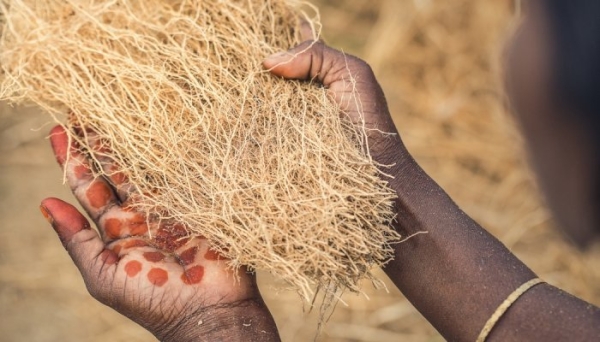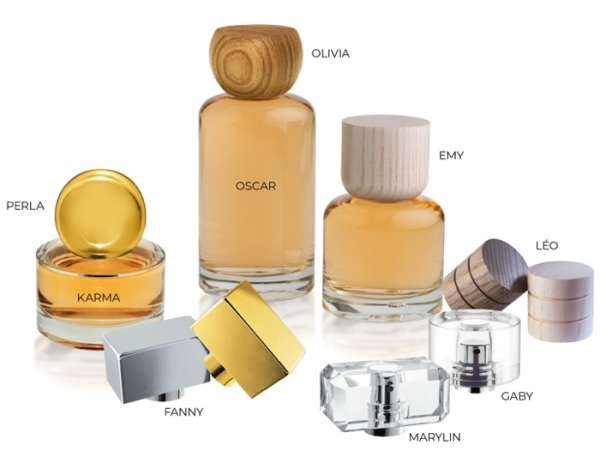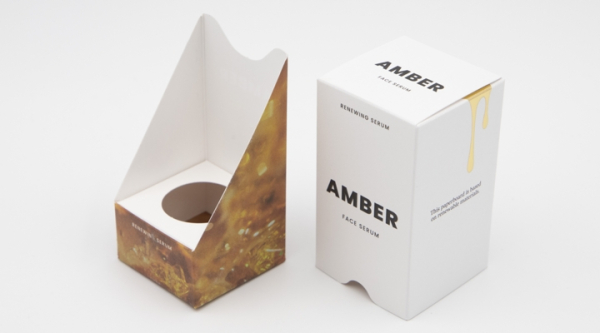
A leading producer of floral and natural extracts for fine fragrances and cosmetics, renowned for the quality of its grandiflorum and sambac extracts, Jasmine Concrete Export Private Limited (JCEPL) is also a frontrunner in putting India back on the global map for vetiver production. The company will participate in the next World Perfumery Congress (WPC) in Geneva, within the Naturals Corner organized by Resperfuma.
“For us, sustainability sits on one main aspect: everyone in the value chain should not just survive but flourish. It starts from the soil, then pickers, then the farmers, and so on. In order to achieve this goal, we have adopted a very careful and comprehensive approach of sourcing, considering environmental, economic and social aspects,” said Raja Palaniswamy, Director at Jasmine Concrete Export Pvt. Ltd.
Born in 1991, in Chennai, Tamil Nadu, India, as a producer of Jasminum grandiflorum (also known as Spanish jasmine or Royal jasmine), JCEPL bloomed into a full bouquet manufacturer of floral extracts. The company now supplies a wide range of natural extracts for fine fragrances, cosmetic products and herbal therapies, including oils, resins, herbals, spices, and extracts from roots, bark, seeds, leaves, and gums. The company works with a network of more than 2000 contract farmers and is verified by the Union for bio ethical trade (UEBT) at the highest level of ethical sourcing for jasmine grandiflorum, jasmine sambac and Indian rose centifolia, and is in the process of verification for vetiver and tuberose.
In a country subject to significant climatic tensions, the company had to take on major challenges, particularly concerning water resources in the grandiflorum production area.
“We have implemented a comprehensive water management program, starting with identifying and measuring the existing sources of water as well as the individual farmer’s consumption. The plan also includes the collection and storage of rain water within each farm in tanks or directly into a bore well, depending on the farm topography. And, of course, we train and educate farmers on efficient usage of water,” explains the director.
Another issue is that of reducing the use of synthetic pesticides and fertilizers. With regards to this issue too, JCEPL proceeds methodically by identifying areas of concerns (including a systemic classification of pest attacks), educating farmers and helping them acquire livestock, providing technical support for in-farm production of fertilizers and natural pest-control products and helping farmers financially in the early years of transition, when yields are at the lowest.
A s a result of these efforts, JCEPL recently launched their very first grandiflorum and sambac extracts that can be certified as organically-grown. In its endeavour to replace petrochemical solvents in its floral extracts, JCEPL now also offers a comprehensive range of SFE [1] extracts that can be claimed as “eco-friendly”.
Finally, JCEPL also devotes significant resources to improving the conditions of farmers living on the smallest land holding, in particular to allow them to free up the time necessary for other activities.
“We work on an integrated approach, addressing the challenges we face based on long term relationship with farming communities. This starts with transparency all along the supply chain, visiting farms periodically, providing them concrete support and addressing their concerns to improve practices and build capacities,” concludes Raja Palaniswamy.
Jasmine C.E. Pvt. Ltd.will showcase their iconic ingredients at the World Perfumery Congress (WPC) from June 24-27, 2024 in Geneva, Switzerland, alongside six other independent producers and suppliers of natural perfumery ingredients united in a common stand under the “Naturals Corner” banner.






